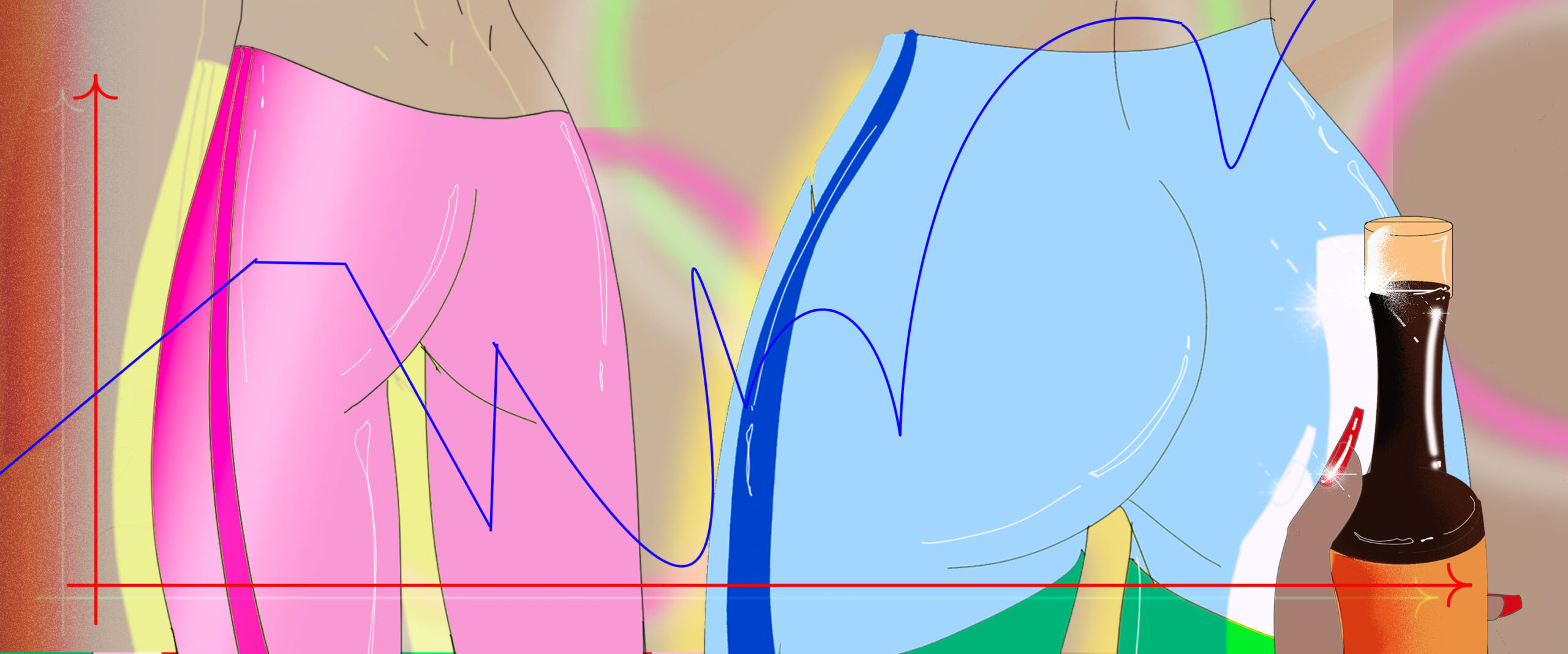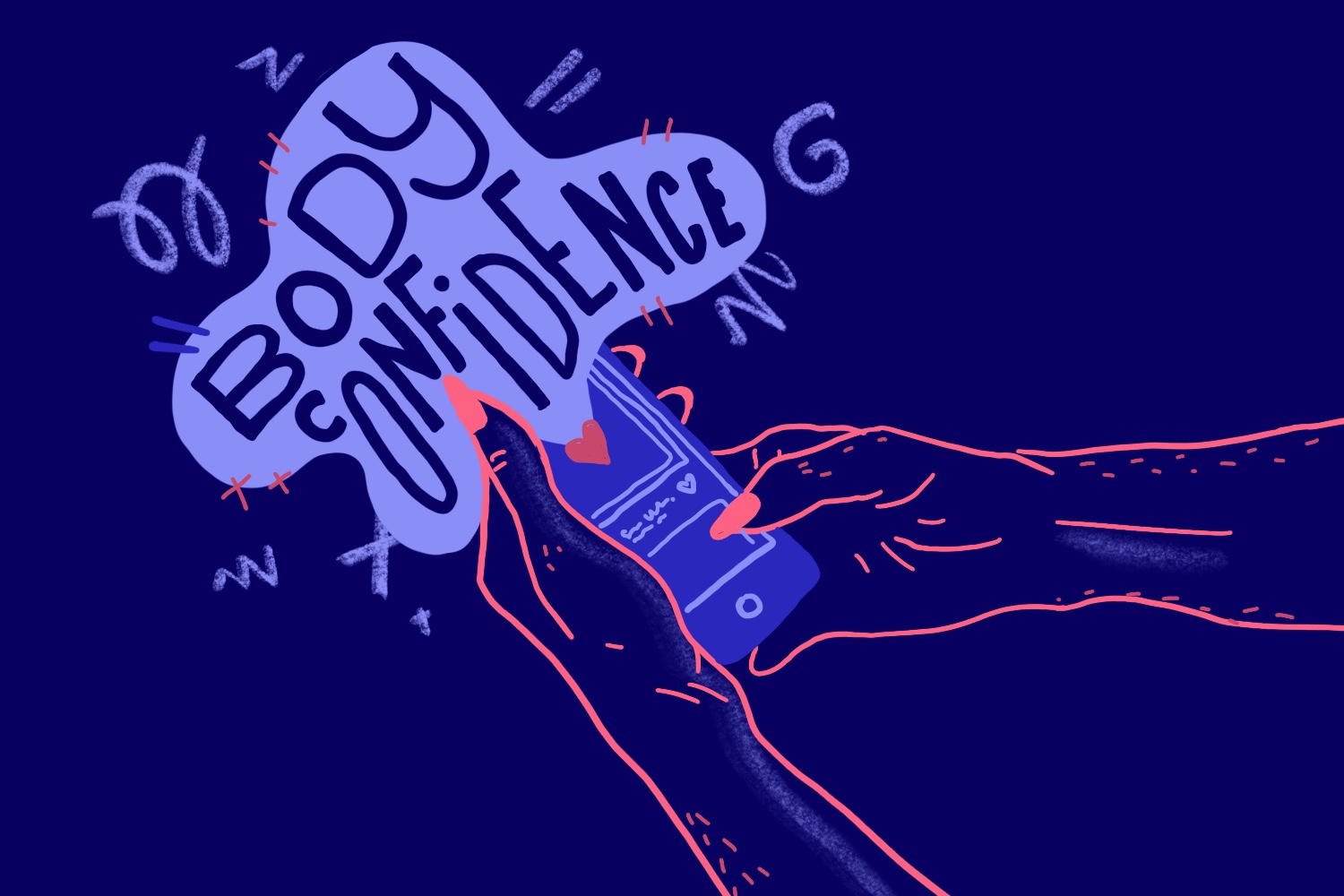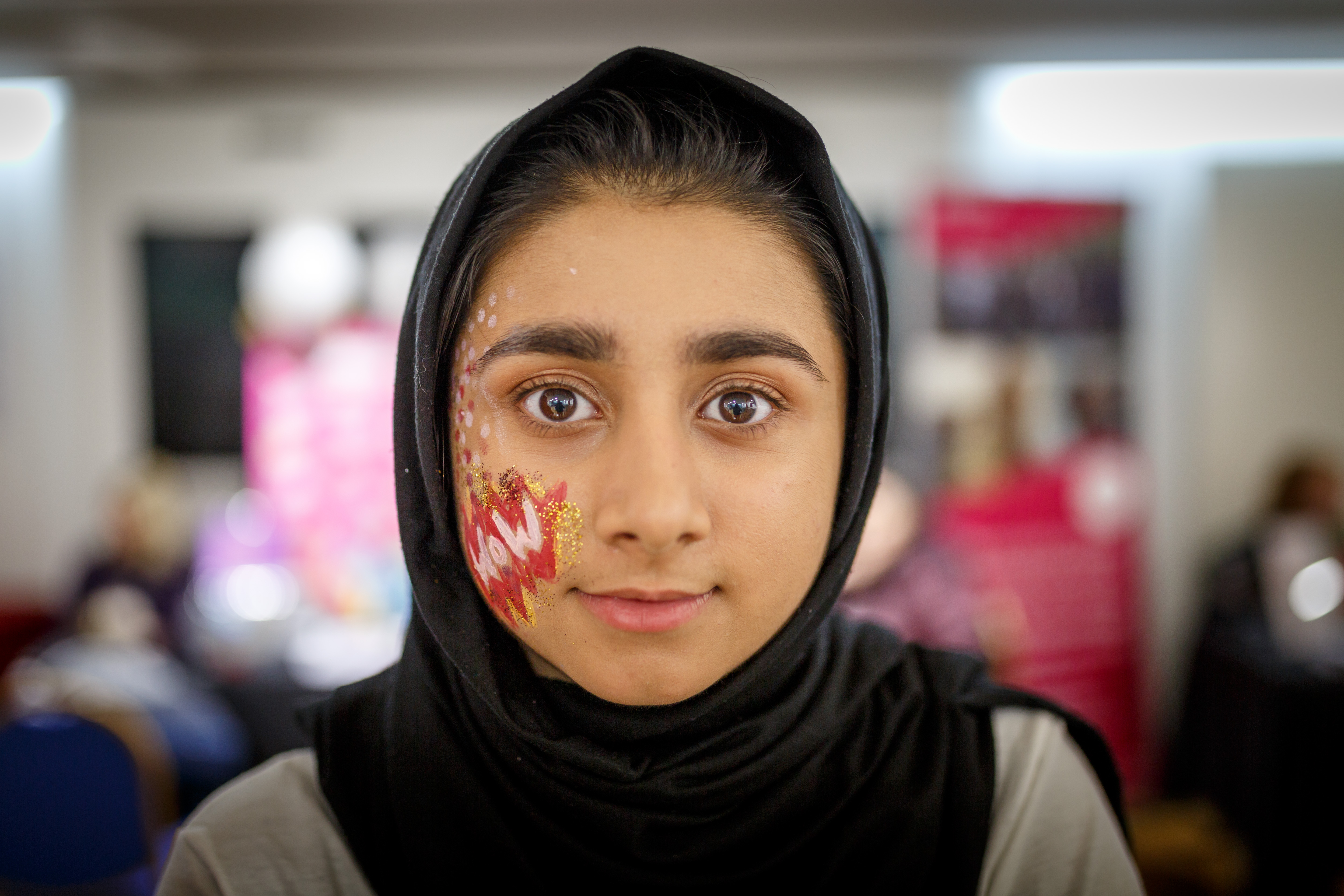
Illustration Maite Marque
Apetamin: the illegal slim-thick wonder drug that preys on black women’s insecurities
Beauty ideals are constantly shifting but capitalism always knows how to sell you a solution no matter how dangerous.
Lakeisha Goedluck
01 Jun 2021
“They’re these weird nutrition bars my mom uses to lose weight.” Ah, Kälteen bars, the fabled Swedish snack in 2004’s Mean Girls that LiLo’s character Cady Heron supplies frenemy Regina George (Rachel McAdams) with under the ruse of helping her lose weight. Instead, George piles on the pounds — she sombrely stares into the void and says: “These sweatpants are all that fits me right now.”
In the last decade and a half, a lot has changed. Back then, thin was in and thick was, well, treated as a punchline in popular culture. While Destiny’s Child sang about the merits of being bootylicious, magazines conversely plastered the likes of Alexa Chung, Keira Knightley and Sienna Miller on their front covers. The ideal woman of that era had legs for days and could go braless in a band tee. Fast-forward to modern-day and Sir Mix-A-Lot would be in his element: George’s reviled rump is now the look du jour, thanks to the likes of ultra-curvy Kim Kardashian. Colloquially defined as “slim thick,” having sizeable breasts, a “snatched” waist and a large butt is seen as highly desirable — and women are going to extreme lengths to achieve this look.
BBC Three recently aired the documentary Dangerous Curves: Get Thicc, Get Sick? Presented by 19-year-old model and influencer Altou Mvuama, the programme looks into the substance which, just like those Kälteen bars, inspires rapid weight increase. “Apetamin is a mixture of different nutrients and substances, so we know that it contains B vitamins and it also contains lysine, a type of amino acid, which is a building block for protein,” registered dietician Tai Ibitoye explains. “However, it also contains a substance called cyproheptadine which is actually an antihistamine for allergies. How it works is that it blocks histamine receptors so that the chain reaction that causes the symptoms of allergies is stopped. The potential side-effect of this particular antihistamine is increased appetite and weight gain.”
Presently, apetamin has been banned by the UK’s Medicines and Healthcare products Regulatory Agency (MHRA) and the Food and Drug Administration (FDA) in the US because of safety concerns relating to cyproheptadine. Aside from the aforementioned side-effects, there’s evidence to suggest that this particular antihistamine can cause fatigue, dizziness, tremors, irritability, blurred vision, nausea, diarrhoea, liver toxicity and even liver failure in extreme cases. Available in pill or syrup form, apetamin products tend to be illegally imported – meaning that the contents are largely left unregulated, causing additional health and safety issues.
Despite the potential danger, this hasn’t stopped women from procuring the supplement. “I collapsed in the street and they brought me into hospital,” one documentary interviewee solemnly explains. In another frame, footage is shown of a violent car crash; YouTuber AshaGrand claims to have fallen asleep at the wheel after taking a dosage of apetamin, barely escaping with her life. So why are a disproportionate amount of Black women so intent on taking it?
From a traditional standpoint, voluptuousness has long been hailed within Black culture. “As a Black woman from an African background, I was told that having a bit of meat in the right places looks healthy,” says Tai. “There are a lot of studies showing that in some African countries having a certain type of body shape — especially a slim-thick shape — is often associated with fertility, beauty, wealth and power.” This belief is substantiated by BBC Three’s documentary where Mvuama travels to Kinshasa, the largest city in the Democratic Republic of Congo, to observe the popularity of apetamin in the area. According to research, three out of four people in Kinshasa have taken the stimulant: a clear indicator that, “Big is beautiful” is a way of life over there.
Audrey French is a 23-year-old from Canada who resorted to taking apetamin to soothe her body image woes. She blames popular culture and the toxic influence of social media for reinforcing harmful stereotypes. “From the age of mammies and minstrels to cartoons and plus-sized models — Black women all over the world are expected to have big bums and overall curvaceous figures. [This] environment has been created where Black girls feel insurmountable pressure to fit the mould they see presented to them.”
“A slim-thick shape is often associated with fertility, beauty, wealth and power”
Tai Ibitoye
Similarly, 21-year-old Olisa Anderson from Michigan, USA, has trialled apetamin pills and feels that undue societal expectations are placed on Black women’s bodies. “In terms of other races being desired or considered ‘sexy’ it never really comes with requirements but when it comes to Black women the list will go on and on,” she says. “If we’re too skinny, we’re ‘built like a white girl,’ if we’re average sized with no shape we’re ‘built like a fridge’ or if we’re overweight with no shape, we’re ‘bad built.’”
A quick scroll through Instagram and it’s Reel easy to see what they’re referring to. The ‘Explore’ page is filled with women that adhere to this slim-thick archetype. Although Instagram, YouTube, Amazon and Depop all claim to actively be removing content that supports the sale of apetamin, the substance is still readily available online. “I first discovered it on YouTube. After you search for weight gain tips, you usually get recommended a lot of videos especially about apetamin, so I began watching those and decided to purchase it,” Olisa explains.
Tai believes it’s highly irresponsible and dangerous for unlicensed influencers and personal trainers to be promoting apetamin or any other dietary supplement: “They’re not qualified health professionals so they can’t advise people correctly in terms of dosage or potential side-effects.” Tai explains that she only recommends supplements for clients that need to gain weight for health reasons and they have to meet certain criteria as outlined by the Advisory Committee on Borderline Substances (ACBS) first. “Women should know that influencers promote products for financial gain. They don’t care about the health and well-being of their audiences and could potentially be encouraging body dysmorphia and disordered eating.”
YouTuber Chenel Jones hails from Jamaica, a place where she explains the use of weight gain supplements is common. A Black-owned company reselling apetamin products directly messaged her asking if she’d be happy to do a sponsored post on the supplement and, although she’d never taken it herself, Jones decided to take the deal. “In my country, people have been using [apetamin] for a long time and they said positive things, that it actually works,” she says. “The brand that reached out to me didn’t give me any pointers, as they knew I would be familiar with [apetamin] and what people have said about it, so they just sent me the products, paid me and I did it.” It raises questions around whether influencers should advertise products for human consumption that they’re unfamiliar with.
“I felt hopeless, heavy, depressed. I’d poisoned myself.”
Audrey French
The video was uploaded two years ago and received around 10k views. Since then, Jones’ channel has been deleted — a move that she believes is grossly unfair. “I had zero strikes on my channel and I got no warning at all,” she protests. “Popular influencers and YouTubers have made apetamin videos both before and after my video which got millions of views and my small channel got deleted. That’s how I made my living.” Jones suspects that her channel was used as a scapegoat after a segment of her video was featured in the BBC Three documentary. Yet another example, then, of the damaging effects apetamin can have on the lives of Black women.
Where YouTube is concerned, the attitudes shown towards apetamin are divisive. Some YouTubers claim that they’re lucky to be alive after taking it — women have reported feeling zombie-like, seeing static and experiencing blinding abdominal pain that left them unable to walk. Meanwhile, others on the platform continue to tout apetamin use, arguing that they now finally have the body they’ve always dreamed of. As for Audrey, she falls into the former camp: “I believe that women often justify taking apetamin, regardless of its impact, because they don’t see another way to feel beautiful.”
After gaining 15lbs in just nine days, Audrey remembers being unable to make it up a flight of stairs. “I felt hopeless, heavy, depressed,” she says, likening the experience to “poison[ing] myself.” Audrey feels that taking dietary supplements is just another way to diminish your sense of self-worth. Olisa didn’t achieve the figure she wanted after taking apetamin but explains that other methods aren’t out of the question. “I plan on getting Sculptra injections in the future to fill out my hip dips. They’re just a big insecurity that I have and you can’t build hips in the gym, so that’s an alternative I’m willing to take.”
Over the last few years, it’s become customary for women to tinker with their bodies in order to achieve a look that’s veering towards the unobtainable. Highly dangerous Brazilian Butt Lift (BBL) procedures have risen in popularity, while advertisements for waist trainers, diet teas and suspect substances have become ubiquitous. Many Black women have fallen victim to this plight for perfection, which has served as another opportunity for society to police and chastise them for their natural form.
“I vividly remember sitting in my room and dreaming of the day when I had the body I wanted, and could finally feel beautiful. I actually believed that once I took apetamin, my external appearance would finally render me deserving of self-love,” Audrey muses. But as Tai rightly points out, your health and well-being is “way more important” than what your body looks like aesthetically.
“I had no understanding that self-esteem/self-love, confidence and contentment wasn’t to be won by succumbing to societal pressure,” Audrey continues. “It isn’t a gift, it’s a right, and we all have an inherent right to feel beautiful and walk in confidence.” Here’s to hoping that more Black women follow in her footsteps.
Dangerous Curves: Get Thicc, Get Sick? is available to stream on BBC iPlayer








